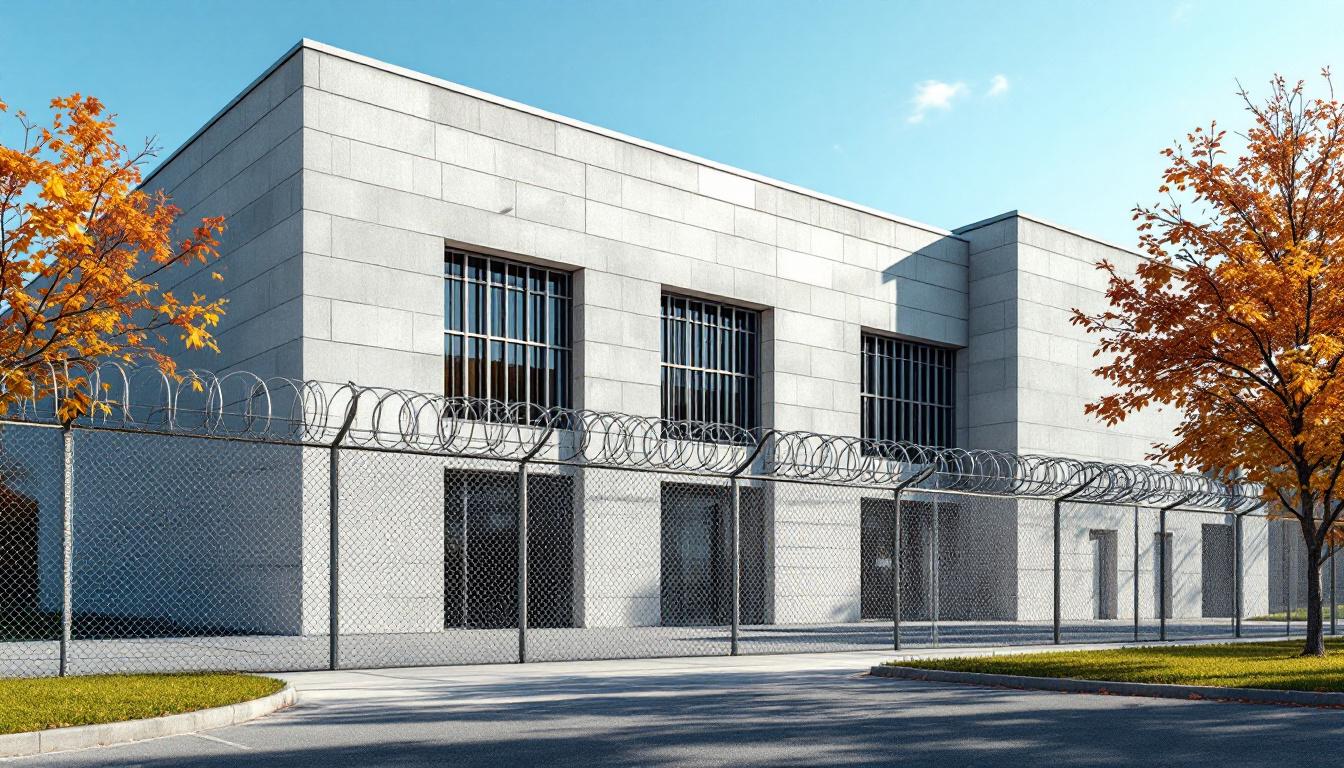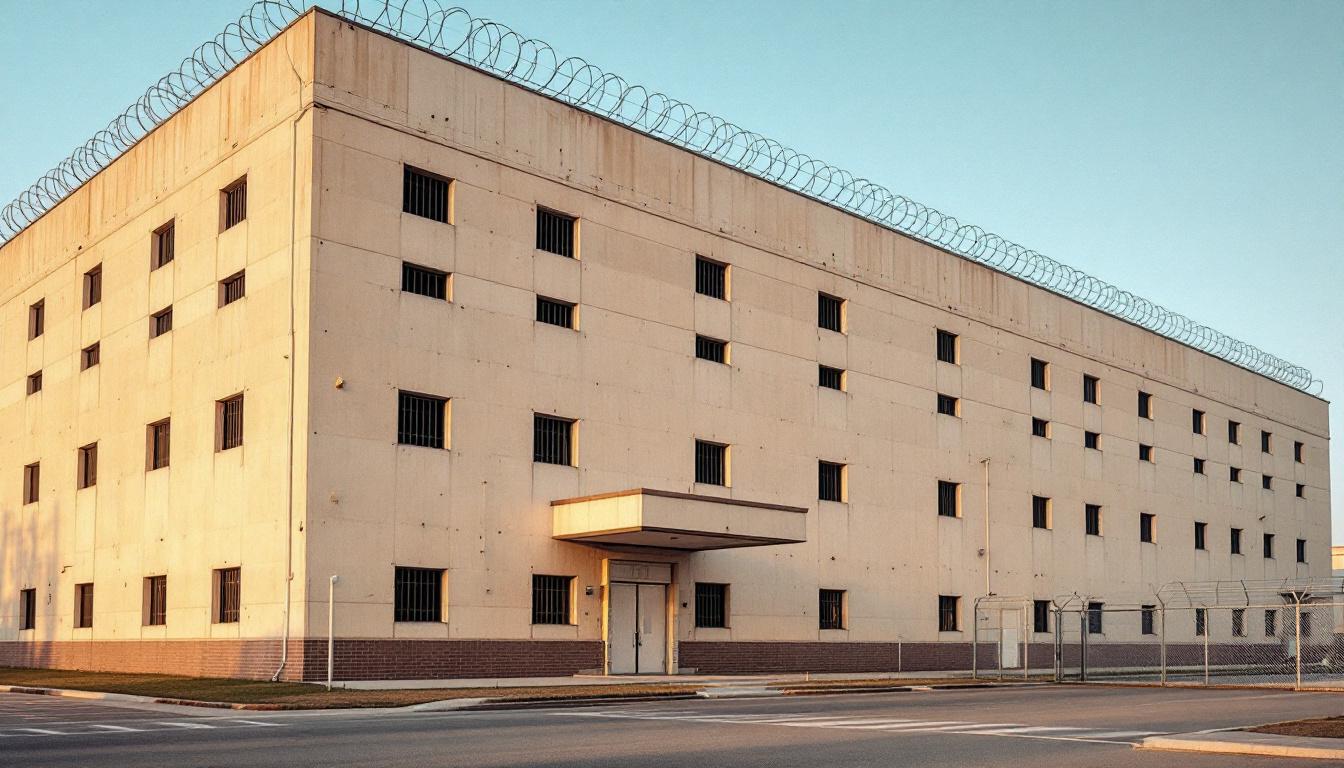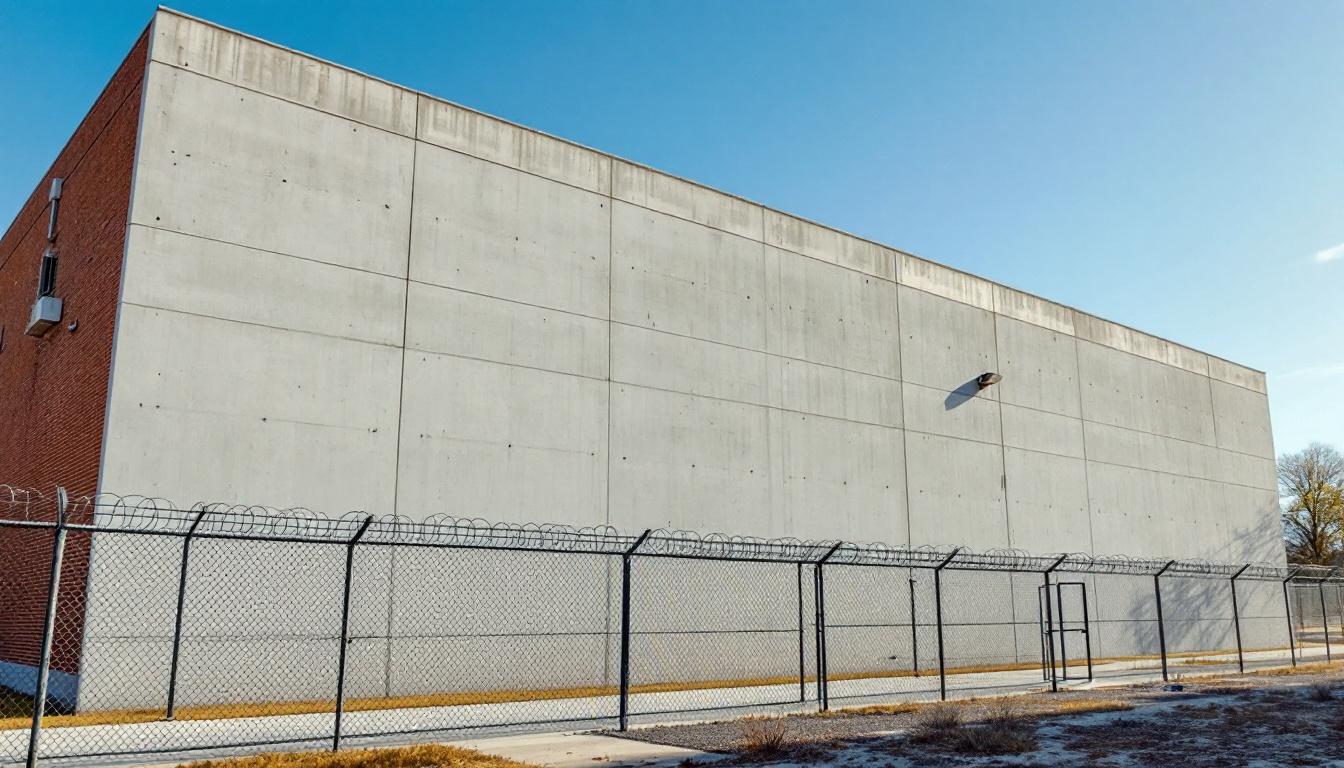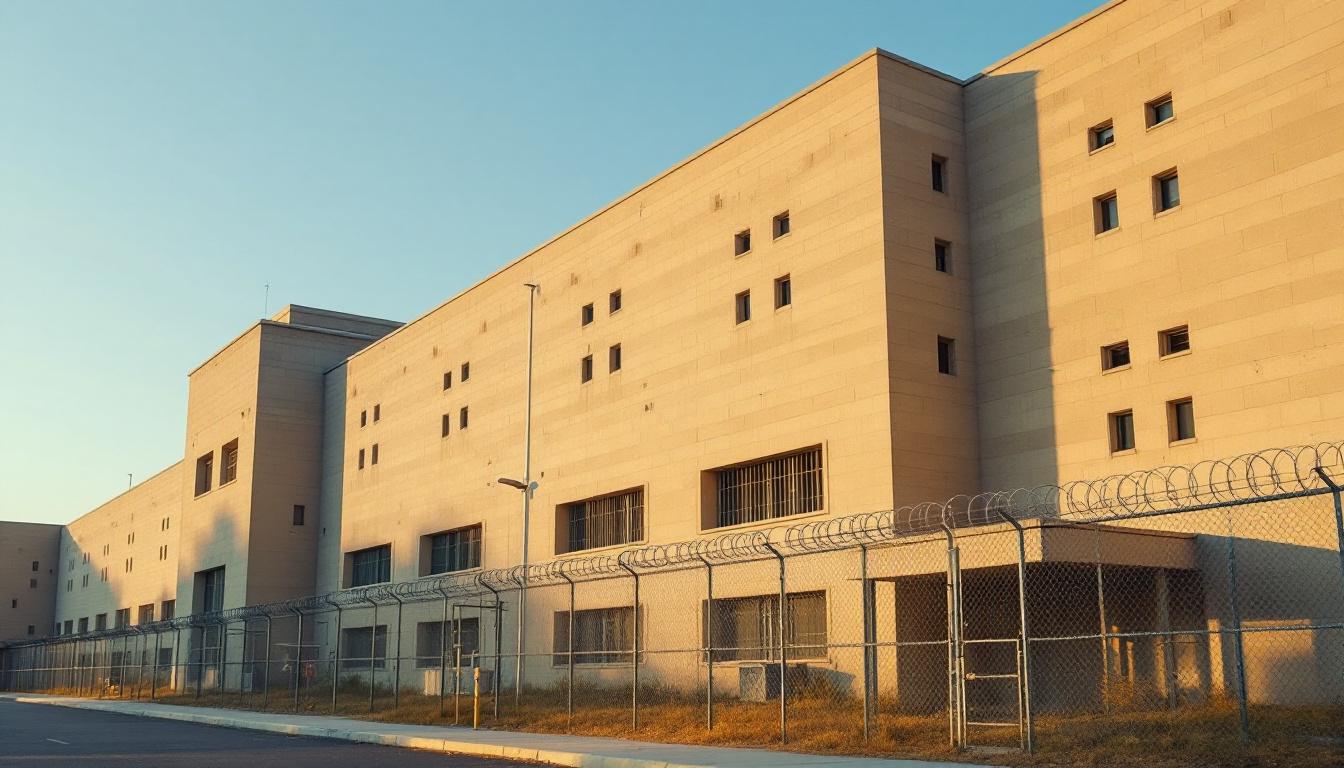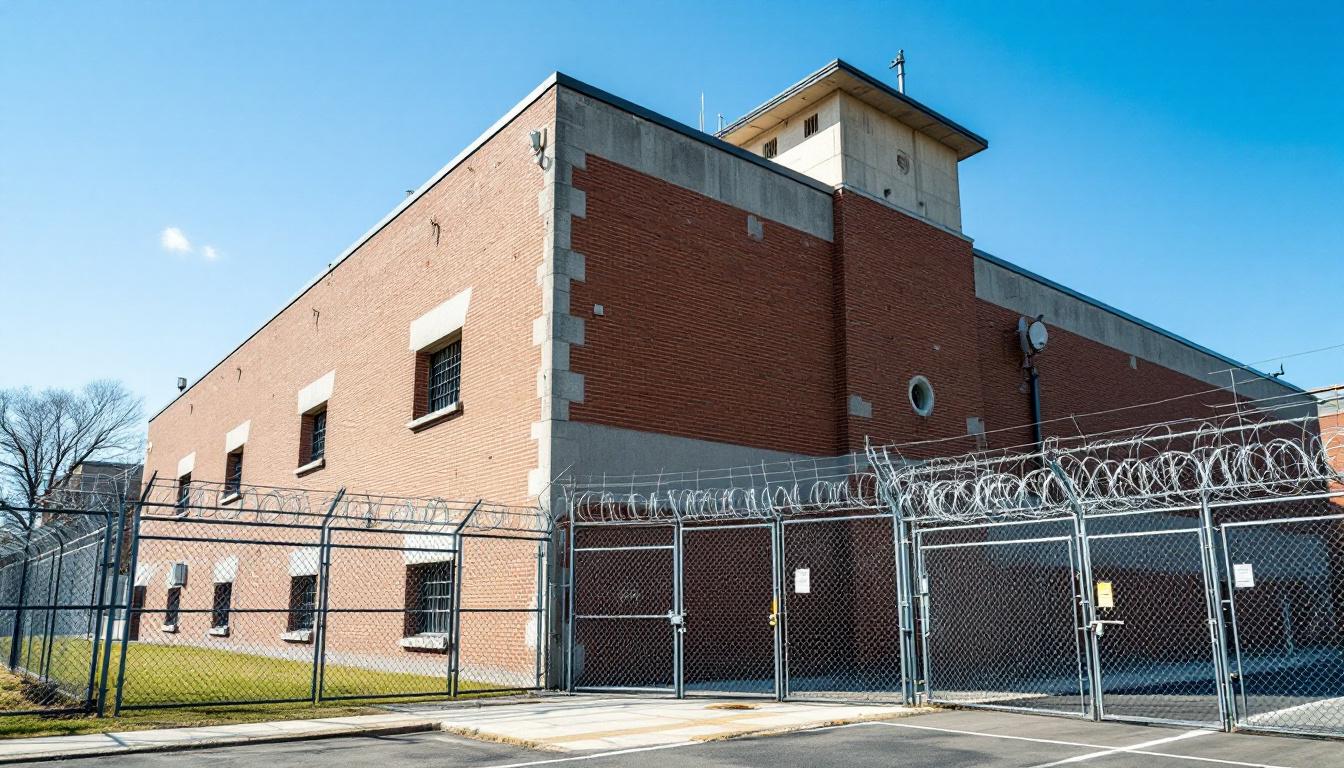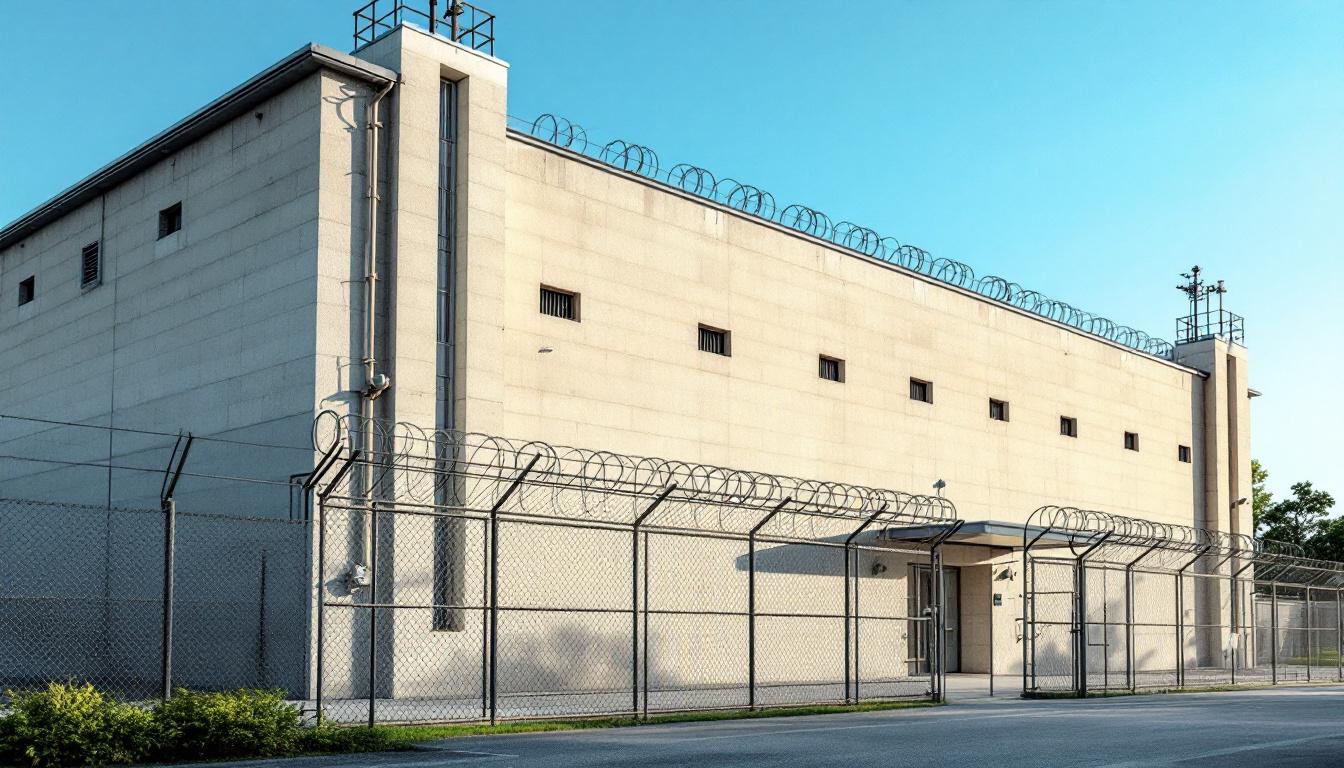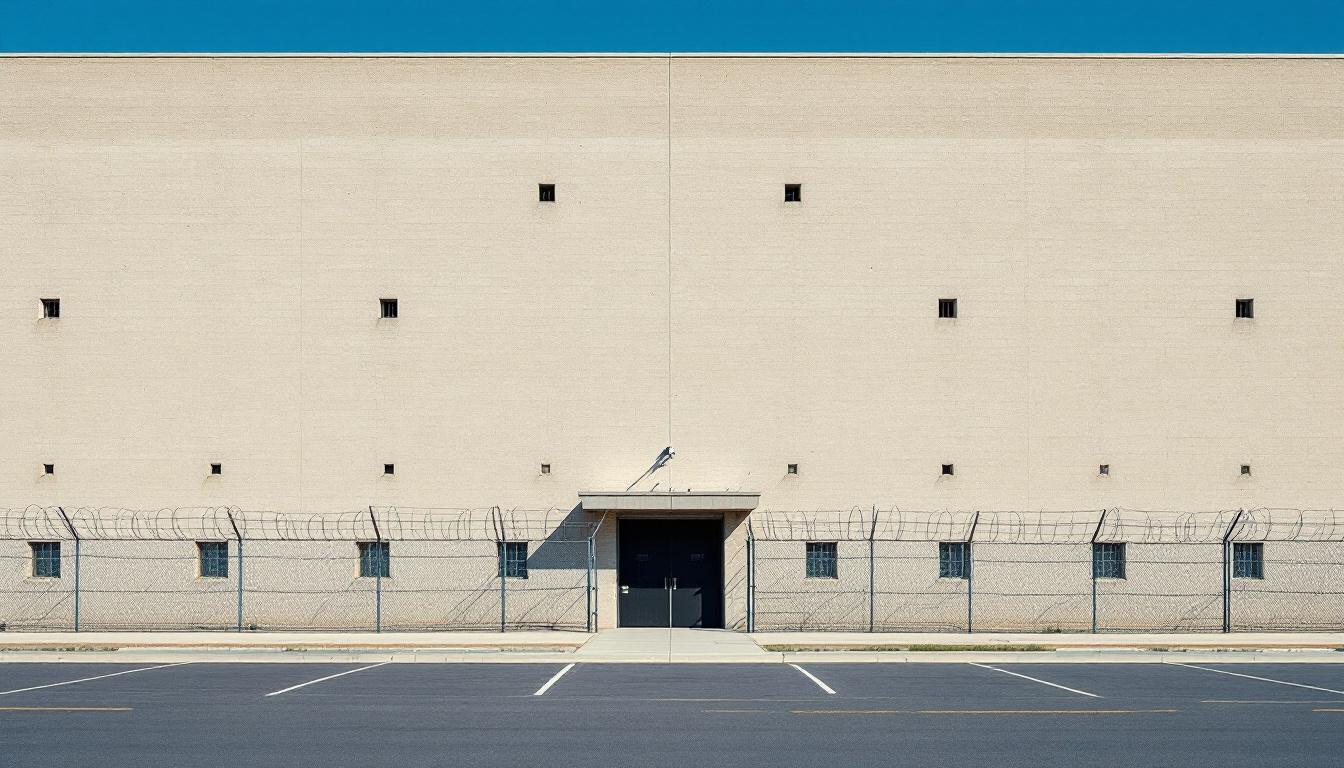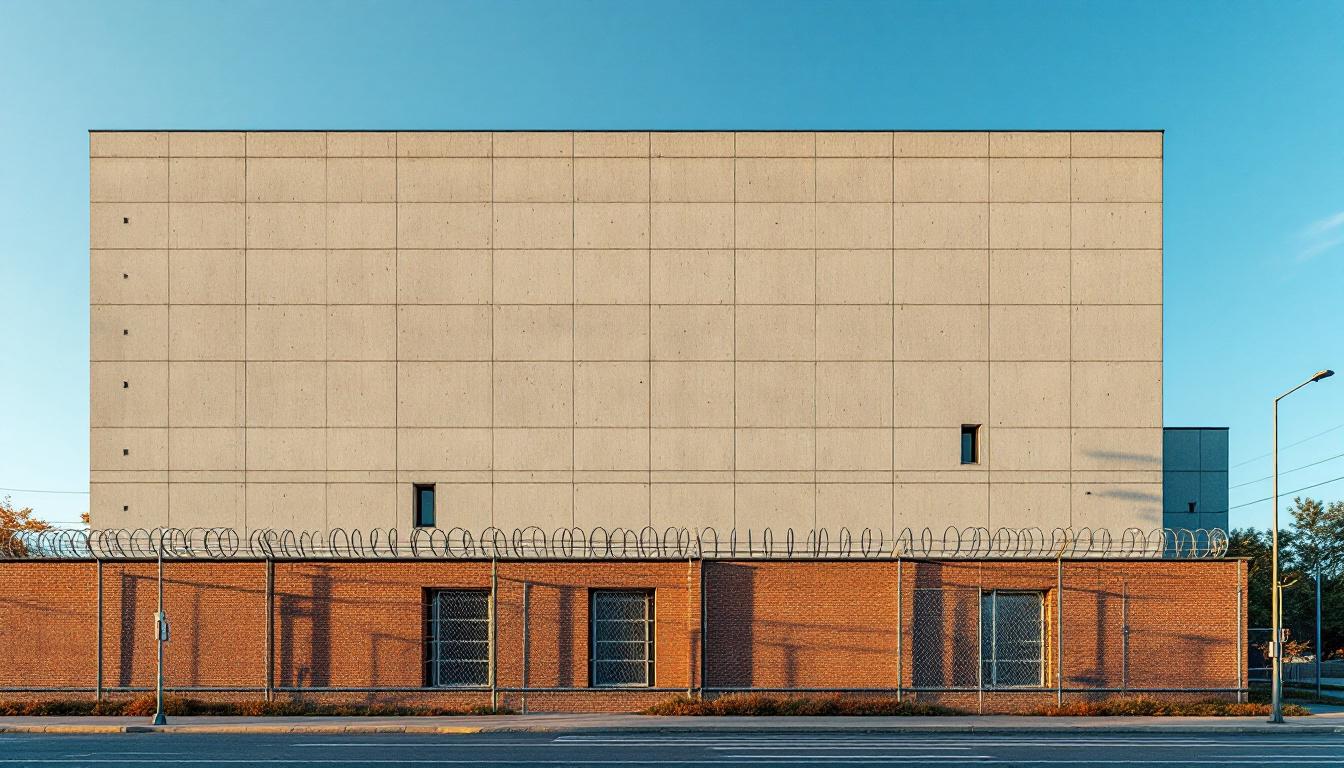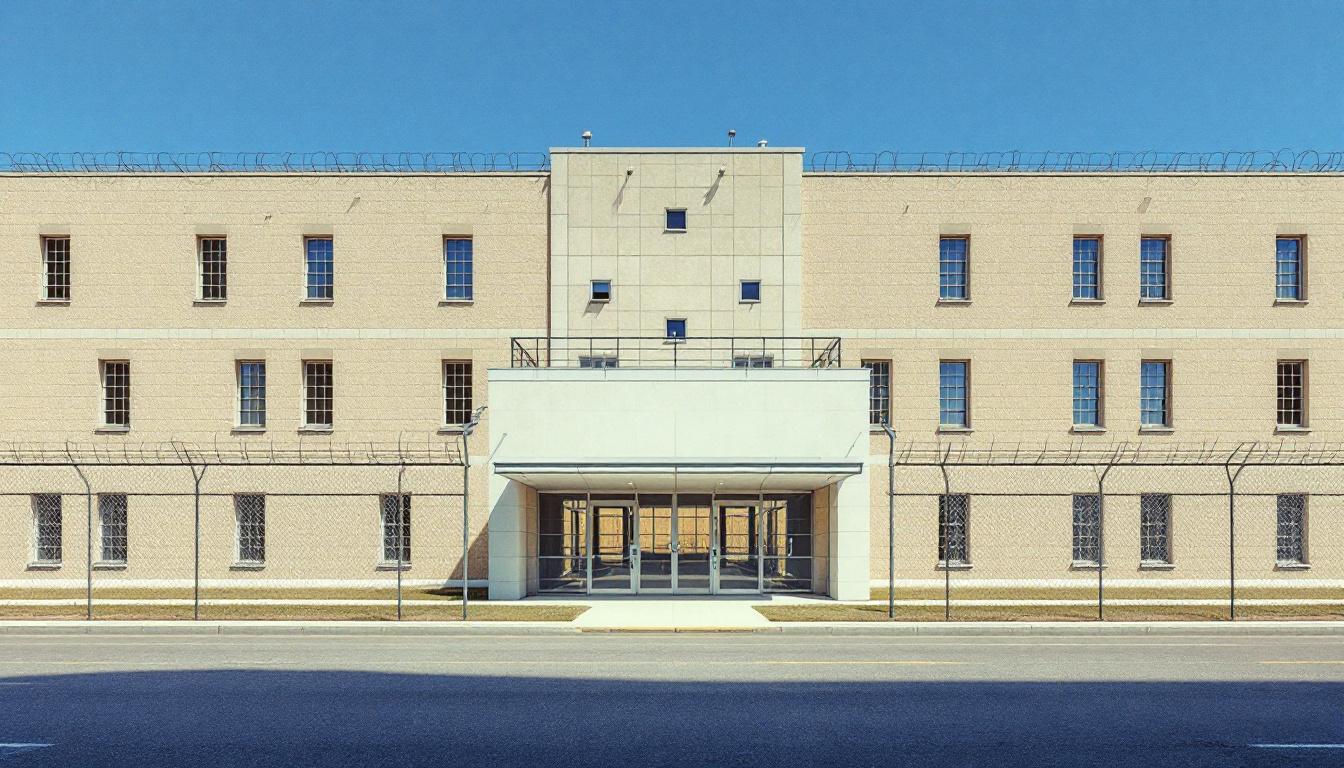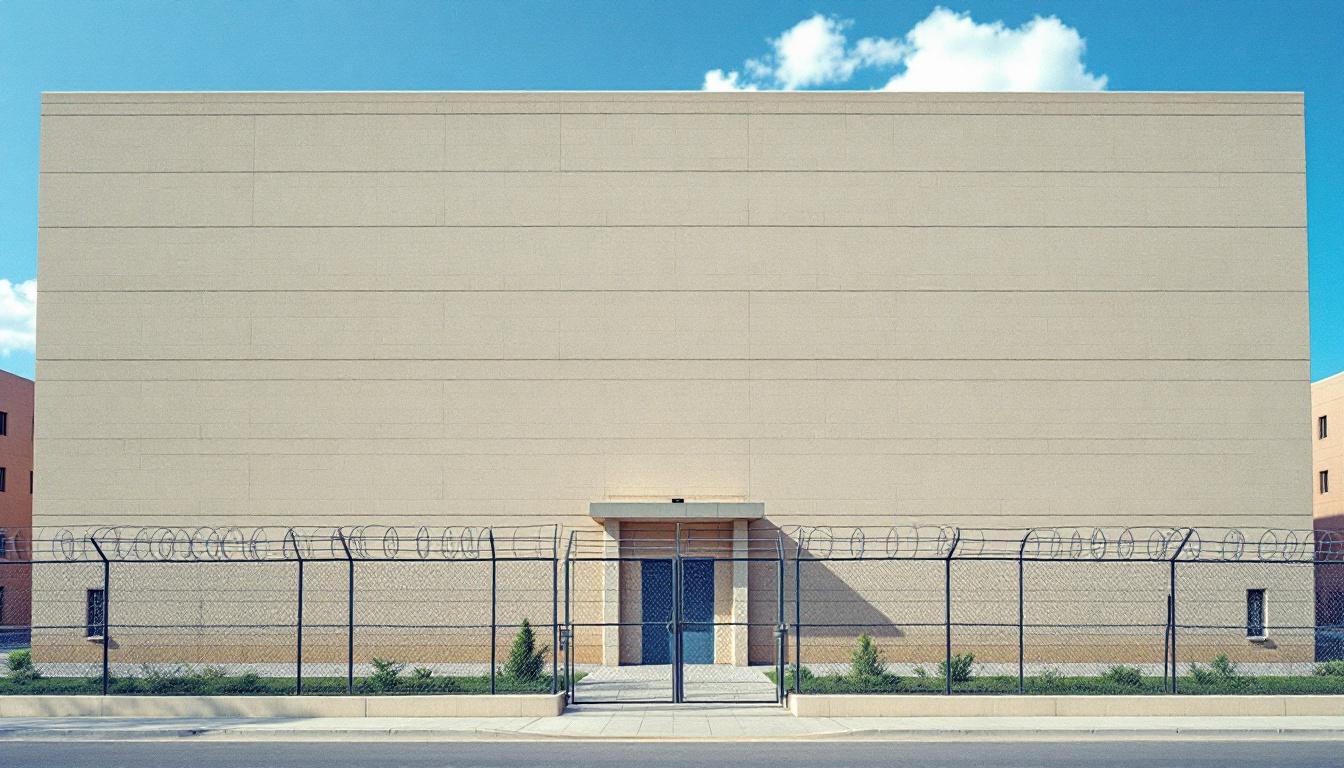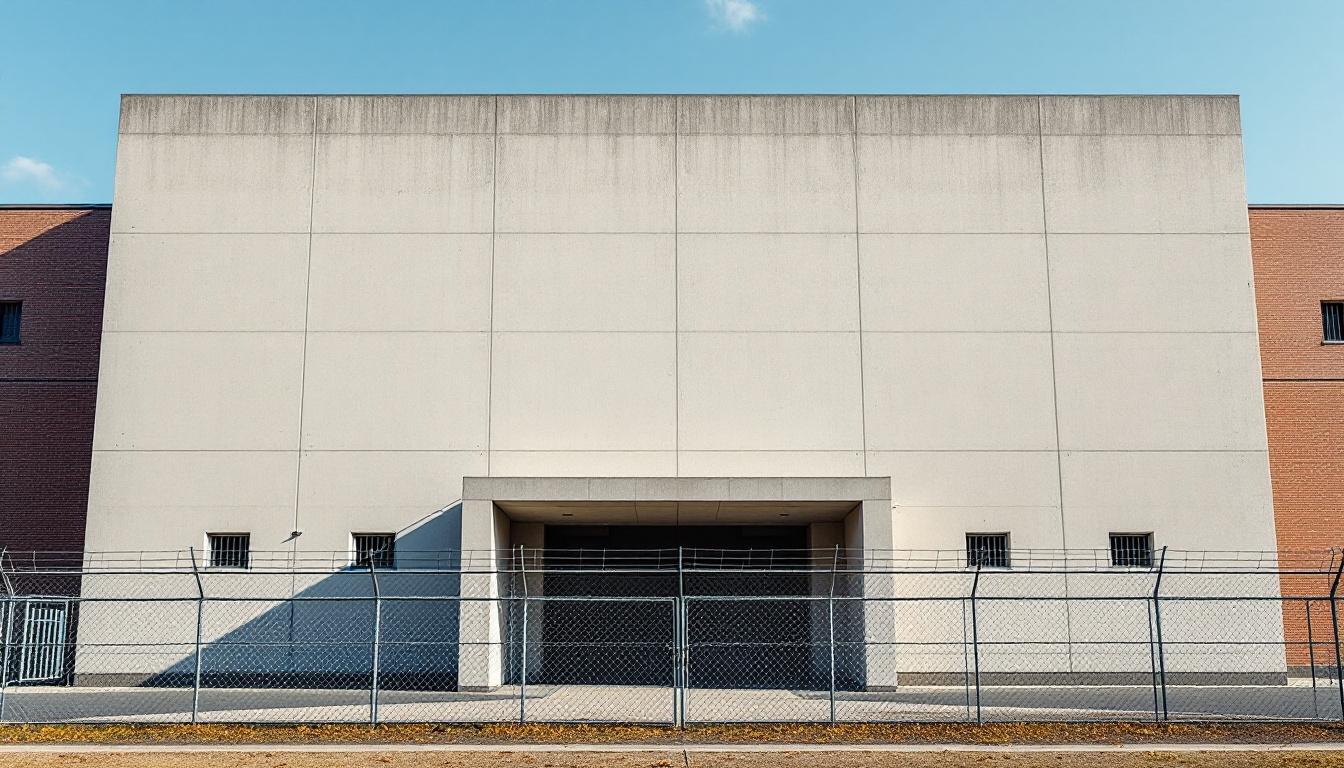
Quick Navigation
How to contact an inmate at Lowell Correctional Institute
This comprehensive guide will walk you through how to connect with an inmate at Lowell Correctional Institute. Follow the steps below to find an inmate and send letters and photos:
- Search for the inmate using our search tool below
- Create your account or log in to Penmate
- Write your message (up to 6,000 characters)
- Send instantly - inmates receive printed copies daily
Find an Inmate
Search for an inmate to start communicating today
Tip: You can search by first name, last name, or inmate ID number
To contact a person at Lowell Correctional Institute start by searching for the person on the official facility website. Perform a search by following these steps:
- Step 1: Enter their first name and last name into the search form and click "Search"
- Step 2: Locate their inmate record
- Step 3: Write down their Inmate ID and any housing information provided
Important! Be sure to enter the person's full name. Nicknames should not be used.
How to Send Messages to Inmates

You can use your phone or computer to send emails, letters, and photos to an inmate. Messages are sent electronically to inmate tablets or kiosks at the facility. If you would like to send a message, start by searching for an inmate at Lowell Correctional Institute.
Sending Photos and Postcards

A great way to send love and support to a loved one at Lowell Correctional Institute is to send photos and postcards. It only takes a few minutes to send photos from your phone and it makes a huge difference. You can also mail postcards with words of support and inspiration, or design your own postcard for special moments like birthdays and holidays.
Important! Be sure not to send any explicit photos or they may not be approved by the facility. You can also use a photo printing app like Penmate to make sure your photos are printed at the correct size (4x6 or 3x5) and are mailed according to the rules and regulations of Lowell Correctional Institute.
Frequently asked questions about Lowell Correctional Institute
-
How long does it take to deliver a message?
If you're sending an email message your letter is usually delivered within 24-48 hours. For messages sent via mail you should expect delivery within 3-7 days. All messages will need be approved by Lowell Correctional Institute.
-
How much does it cost to send a message to Lowell Correctional Institute?
You can send a message free using your phone or mail a message via USPS for the price of a $0.60 stamp and envelope. You can also purchase credits or e-stamps from services starting at $1.99.
-
What services can I use to contact an inmate at Lowell Correctional Institute?
Penmate
You can use Penmate to send letters and photos to an inmate from your phone. It's an easy way to stay in touch during your loved one's incarceration. Use the inmate locator to find an inmate's location and contact information, then you can send messages within a few minutes.
Securus messaging
Securus may be another option for communicating with an inmate at Lowell Correctional Institute. You can create a friends and family account and purchase credits to send messages. All messages will be reviewed and must be approved by the facility.
JPay
Some county jails and state prisons may support sending messages with JPay. You must register an account with the system, find your loved one, and purchase stamps to send messages. For some locations you can also attach photos.
Smart Jail Mail
You may also check if Smart Jail Mail is available at Lowell Correctional Institute. Smart Jail Mail is operated by Smart Communications and has contracted with some state and county jails. After purchasing credits, your messages and photos are sent to the facility, printed out, and then handed out to your loved one.
-
What is the mailing address of Lowell Correctional Institute?
Mailing address:
Lowell Correctional Institute
11120 NW Gainesville Rd
Ocala, FL 34482
Phone: (352) 401-5301Business hours:
- Monday: Open 24 hours
- Tuesday: Open 24 hours
- Wednesday: Open 24 hours
- Thursday: Open 24 hours
- Friday: Open 24 hours
- Saturday: Open 24 hours
- Sunday: Open 24 hours
-
What are the visiting hours at Lowell Correctional Institute?
Visiting hours at Lowell Correctional Institute vary by housing unit and security level. Generally, visits are scheduled on weekends and holidays, with some facilities offering weekday visits. Contact the facility directly at (352) 401-5301 or check their website for the current visiting schedule. Visits typically last 30-60 minutes and must be scheduled in advance.
-
What items are prohibited when sending mail to Lowell Correctional Institute?
Prohibited items typically include: cash, personal checks, stamps, stickers, glitter, glue, tape, staples, paperclips, polaroid photos, musical or blank greeting cards, hardcover books, magazines with staples, and any items containing metal or electronics. Only send letters on plain white paper with blue or black ink. Photos must be printed on regular photo paper (no Polaroids). Always check with Lowell Correctional Institute for their specific mail policies.
-
How do I send money to an inmate at Lowell Correctional Institute?
You can send money to an inmate at Lowell Correctional Institute through several methods: 1) Online using JPay, Access Corrections, or the facility's approved vendor, 2) Money orders mailed directly to the facility with the inmate's name and ID number, 3) Kiosks located in the facility lobby, or 4) Over the phone using a credit or debit card. Fees vary by method, typically ranging from $2.95 to $11.95 per transaction.
-
Can I schedule a video visit with an inmate at Lowell Correctional Institute?
Many facilities now offer video visitation as an alternative to in-person visits. At Lowell Correctional Institute, video visits may be available through services like Penmate, Securus Video Connect, GTL, or ICSolutions. Video visits typically cost $10-20 for 20-30 minutes and must be scheduled in advance. You'll need a computer or smartphone with a camera and reliable internet connection. Contact the facility for their specific video visitation policies and approved vendors.
-
What identification do I need to visit an inmate at Lowell Correctional Institute?
All visitors must present valid government-issued photo identification such as a driver's license, state ID, passport, or military ID. Minors must be accompanied by a parent or legal guardian who can provide the minor's birth certificate. Some facilities require visitors to be on the inmate's approved visitation list, which may require a background check. Contact Lowell Correctional Institute for specific ID requirements and visitor approval procedures.
-
How can I find out an inmate's release date?
To find an inmate's release date at Lowell Correctional Institute, you can: 1) Use the online inmate search tool if available, 2) Call the facility's records department, 3) Contact the inmate's case manager or counselor, or 4) Have the inmate provide this information during a call or visit. For privacy reasons, some facilities only release this information to immediate family members.
Facility Overview
Contact Information
Lowell Correctional Institute11120 NW Gainesville Rd
Ocala, FL 34482
Phone: (352) 401-5301
Official Website
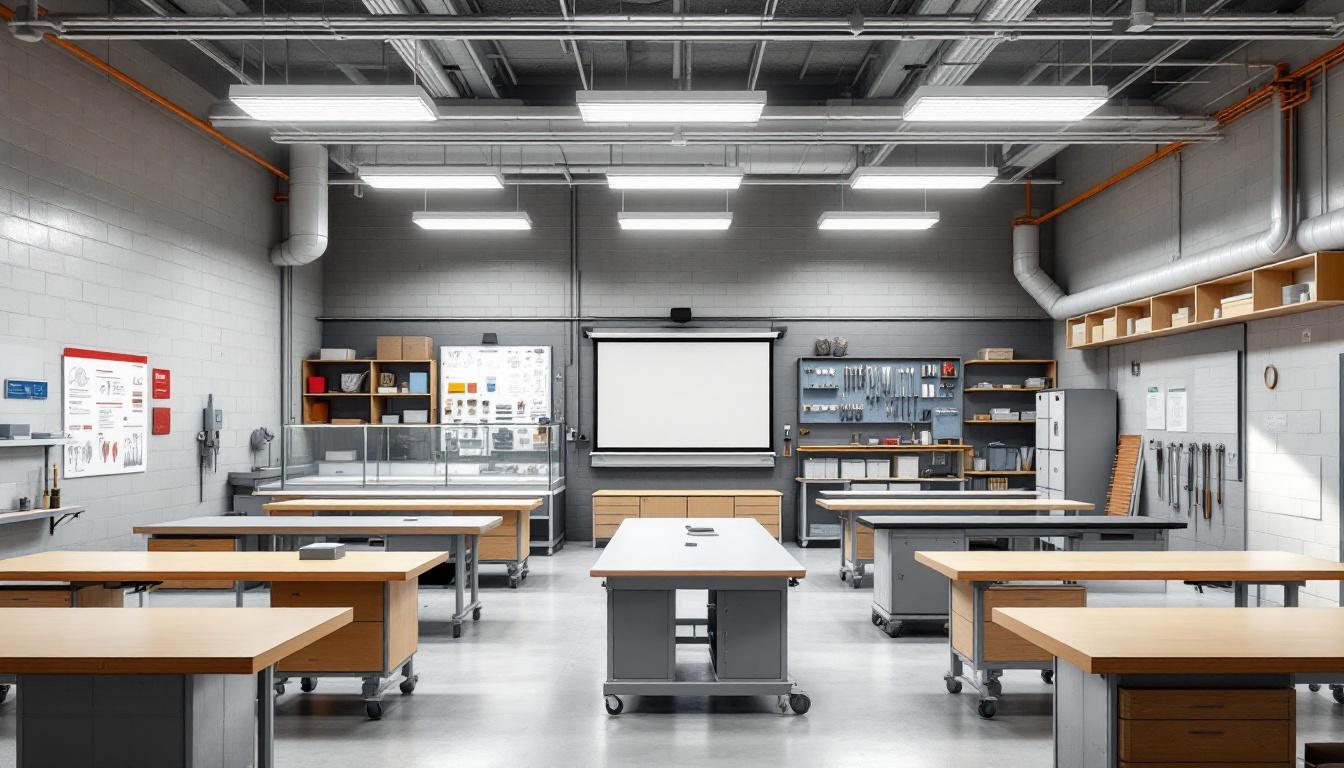
About Lowell Correctional Institute
Correctional facilities across Florida serve as integral components of the state's justice system, designed to house individuals while providing pathways toward successful community reintegration. Within Tampa's broader correctional landscape, Lowell Corr. Inst, FL operates as part of this comprehensive network, focusing on both secure custody and rehabilitative programming that addresses the diverse needs of the population services it provides.
This FL correctional facility typically emphasizes a holistic approach to corrections, recognizing that effective rehabilitation extends beyond basic housing to encompass educational opportunities, vocational training, and behavioral health services. The facility generally works to maintain connections between incarcerated individuals and their families, understanding that strong community ties often contribute to successful reintegration outcomes. Programs may include basic education services, substance abuse counseling, and job readiness training designed to prepare individuals for their eventual return to Tampa and surrounding communities.
The facility's partnership with community resources reflects a broader understanding that successful corrections outcomes depend on collaborative efforts between institutional programming and external support systems. Through coordination with local organizations, the correctional facility may facilitate connections to housing assistance, employment services, and ongoing counseling support that extend beyond release. This community-centered approach recognizes that rehabilitation is most effective when it bridges the gap between institutional programming and the practical realities individuals face when returning to their neighborhoods throughout the Tampa area.
Programs & Services
Through comprehensive support services designed to address the multifaceted needs of the population, meaningful pathways toward personal growth and community reintegration are established. The facility's approach to programming emphasizes skill development, therapeutic intervention, and practical preparation for successful transition back into society. These carefully structured initiatives recognize that effective rehabilitation requires addressing both immediate needs and long-term goals through evidence-based practices and individualized support.
Educational programs form the cornerstone of skill-building opportunities, providing the population with essential academic foundations that may include literacy development, GED preparation, and continuing education options. Additionally, vocational training in small engine repair offers hands-on technical skills that can translate directly into employment opportunities upon release. These educational and vocational initiatives typically emphasize practical application and real-world relevance, ensuring participants develop marketable competencies that enhance their prospects for sustainable employment and economic stability.
Support services encompass a broad spectrum of programs designed to facilitate successful reintegration while addressing underlying challenges that may contribute to recidivism. Work release programs often provide structured opportunities for the population to maintain employment connections and develop professional relationships within the community. Additionally, substance abuse treatment programs deliver therapeutic interventions that address addiction-related issues through counseling and evidence-based recovery methodologies. The facility may also offer recycling programs and laundry services that provide work experience while supporting facility operations, alongside comprehensive reentry preparation that typically includes life skills training, housing assistance planning, and community resource connections to ensure a smoother transition upon release.
Daily Life & Visitation
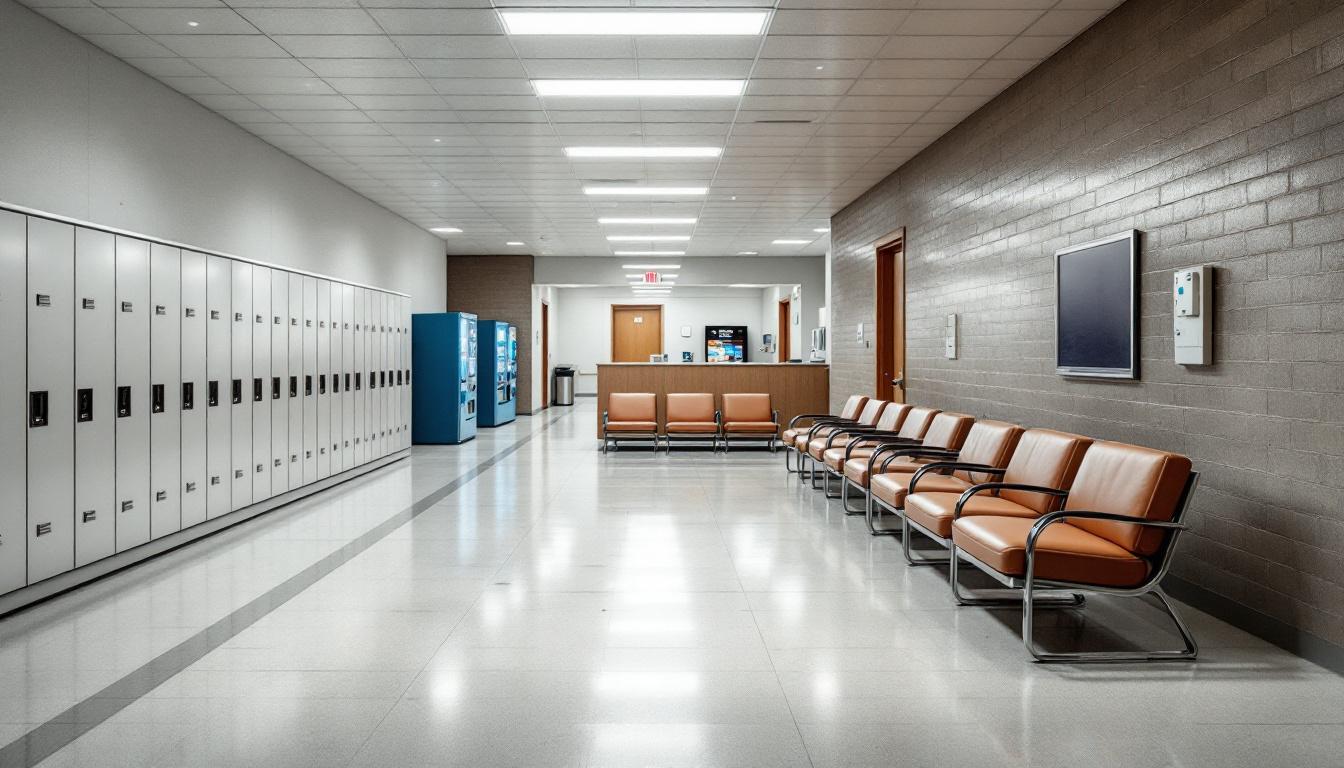
Structured routines and carefully managed schedules form the foundation of how the population navigates their experience within the correctional environment. At present, residents actively participate in a framework that typically begins with early morning counts and proceeds through designated periods for meals, work assignments, educational programming, and recreational activities. The institutional day generally follows a predictable pattern that supplies stability and purpose, with staff coordination ensuring that movement between housing units, work areas, and program spaces occurs in an orderly manner that maintains both security and operational efficiency.
Living accommodations at the facility typically consist of housing units designed to accommodate varying custody levels and population needs. The population generally resides in dormitory-style or cell-based arrangements, with personal property allowances that may include basic clothing, hygiene items, and limited personal effects that can be stored according to facility guidelines. Additionally, meals are usually served in designated dining areas at scheduled times throughout the day, with the population moving in organized groups to ensure proper supervision and orderly service of nutritionally planned menus.
While structured programming schedules supply educational opportunities, vocational training, and therapeutic services during designated hours, recreational periods typically offer the population access to outdoor exercise areas, indoor fitness equipment, and organized sports activities. Work assignments within the facility operations may include kitchen duties, maintenance tasks, laundry services, and other institutional jobs that provide both structure and skill development opportunities. Furthermore, visitation policies generally allow for scheduled family contact through in-person visits and telephone communications, while commissary services typically enable the population to purchase approved personal items and snacks to supplement their daily needs, helping maintain connections to family support systems and personal preferences within the institutional setting.
Ready to Connect?
Start communicating with your loved one today
Search for an Inmate
